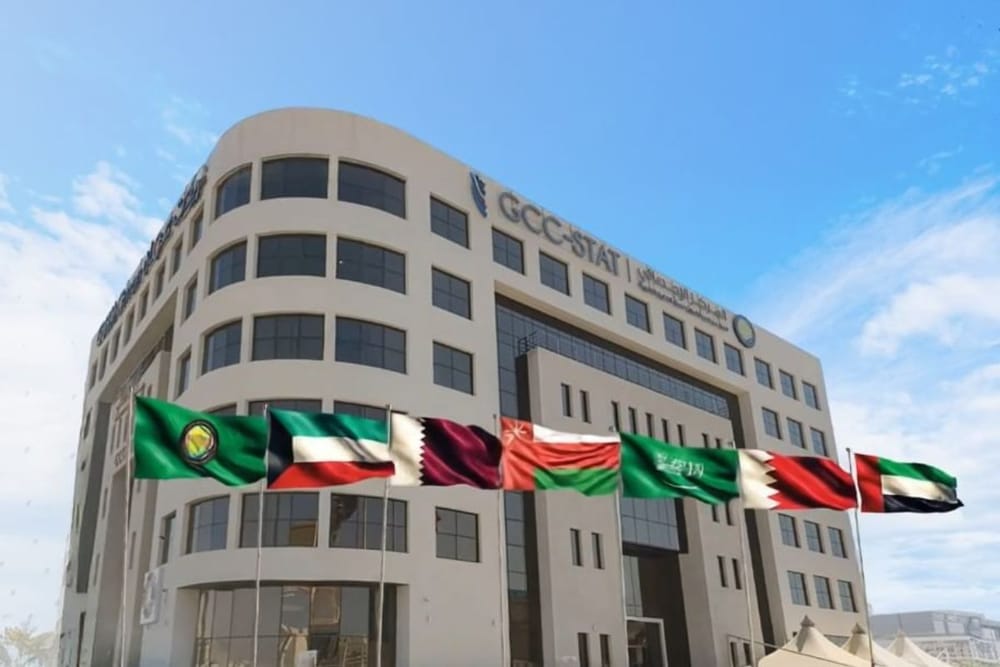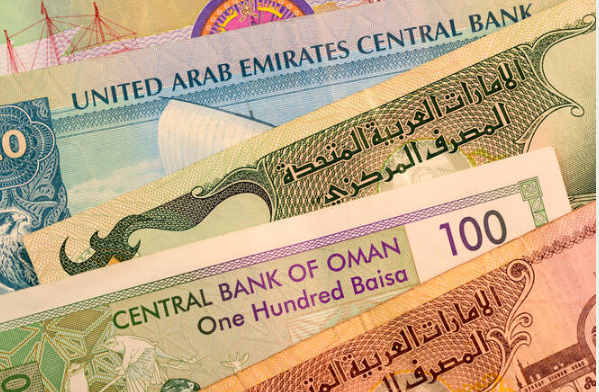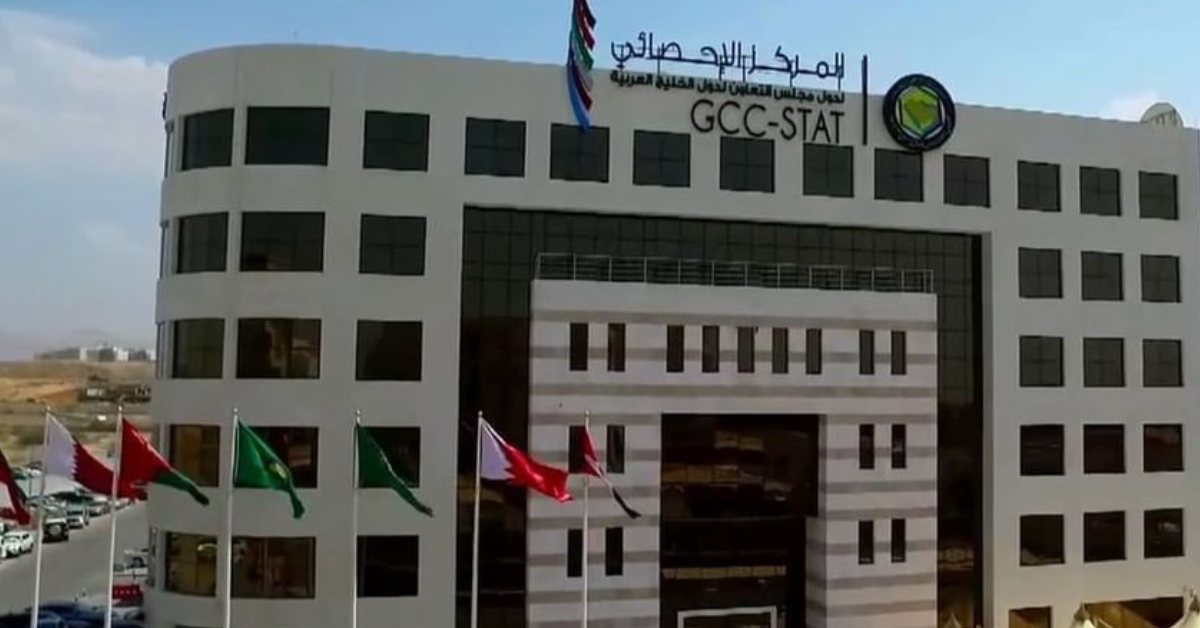The Gulf Cooperation Council (GCC) achieved a historic milestone in 2023 by recording a combined gross national income (GNI) of $2.14 trillion. This figure not only highlights the region’s growing economic influence on the global stage but also reflects the resilience, ambition, and adaptability of GCC nations in navigating shifting global dynamics. For decades, the GCC has been synonymous with energy wealth, but 2023’s achievement symbolizes more than oil and gas it represents diversification, strong policies, and people-centric growth.
What Gross National Income Really Means
Gross national income is not just a number on paper. It reflects the total income earned by a nation’s residents and businesses, both domestically and abroad. For the GCC, crossing the $2 trillion threshold is a sign of immense progress in wealth creation, productivity, and sustainable development. It demonstrates how the region’s strategies have been designed not only to fuel economies but also to empower citizens, enhance job markets, and create opportunities for future generations.
GCC’s Transformation Beyond Oil
Traditionally, the economic story of the GCC has been written around oil and natural gas. While energy exports continue to play a significant role in the region’s wealth, the real story behind the $2.14 trillion achievement is diversification.
Saudi Arabia has been leading its Vision 2030 transformation, with significant investments in technology, tourism, entertainment, and infrastructure. The UAE has established itself as a global hub for trade, finance, and innovation, hosting mega-events and attracting global talent. Qatar has invested heavily in sports, education, and global diplomacy, leveraging events like the FIFA World Cup as springboards for growth. Kuwait, Bahrain, and Oman have also taken active steps to balance traditional energy sectors with investments in finance, logistics, and green energy.
This collective push beyond hydrocarbons has reshaped the GCC’s economic identity, making it more resilient and aligned with the future of global markets.

Rising Global Influence
Crossing $2.14 trillion in GNI is not just about regional development it is about global presence. The GCC today has become one of the most important economic blocs, influencing energy markets, shaping trade agreements, and attracting multinational corporations. From Dubai’s role as a financial gateway to Riyadh’s fast-growing stock market, the GCC has established itself as a magnet for investment.
This influence extends to geopolitics as well. The wealth and stability of the GCC allow it to act as a mediator, investor, and partner on the global stage. The economic growth directly translates into stronger diplomatic positioning, further enhancing the region’s global power.
People-Centered Development
While numbers like $2.14 trillion make headlines, the real story lies in how this wealth impacts people’s lives. GCC governments have been steadily investing in education, healthcare, housing, and digital transformation. The aim is to create a society where prosperity is not limited to state revenues but also touches the lives of citizens and residents.
For example, initiatives in Saudi Arabia and the UAE to boost employment for youth and women show how economic progress is intertwined with social progress. Qatar’s investments in universities and research institutions highlight a commitment to knowledge economies. These policies ensure that economic milestones are paired with long-term human development.
Tourism and Entertainment: A Growing Pillar
The GCC has invested heavily in developing tourism and entertainment as engines of growth. The global spotlight on destinations like Dubai, Doha, and Riyadh has brought millions of visitors and billions in revenue. Saudi Arabia’s ambitious projects like NEOM, The Red Sea Project, and Qiddiya are examples of how entertainment, culture, and leisure industries are becoming central to national growth.
These efforts diversify income streams while enhancing the region’s cultural footprint. Tourism is no longer just about beaches and malls; it is about futuristic cities, cultural heritage, sports events, and luxury experiences that attract visitors from all corners of the world.

Innovation and Technology
Another pillar behind the GCC’s $2.14 trillion achievement is the adoption of technology and innovation. Smart city initiatives, artificial intelligence integration, blockchain policies, and investments in startups reflect the forward-thinking nature of the region. Dubai’s ambition to become a global hub for blockchain and Saudi Arabia’s focus on AI-driven solutions in healthcare and education demonstrate how innovation is being positioned as a driver of growth.
The GCC has also become a magnet for startups, with venture capital funding steadily growing in the region. The support for entrepreneurship empowers local talent and brings in global partners, adding to the region’s GNI growth.
Energy Transition and Sustainability
Even as hydrocarbons remain critical, the GCC has started positioning itself as a leader in renewable energy. Investments in solar power, hydrogen, and sustainable infrastructure demonstrate a clear recognition of the global energy transition. The UAE’s hosting of COP28 further underlined the GCC’s role in addressing climate change and preparing for a future where clean energy will dominate.
These moves do not only contribute to sustainability but also open new revenue streams that will add to GNI in the years ahead. By balancing oil wealth with renewable ambitions, the GCC is laying the foundation for sustainable prosperity.
Youth and Future Generations
One of the most exciting aspects of the GCC’s economic success is the potential it creates for its youth. The region has a young population, and governments are investing heavily in skills, education, and entrepreneurship programs to ensure the next generation is not just a participant but a leader in shaping the economy.
This emphasis on young people means that the $2.14 trillion milestone is not the peak but a stepping stone. The GCC is laying down the groundwork for future generations to surpass today’s records and take the region to new economic and social heights.
Challenges Ahead
While the $2.14 trillion GNI figure is impressive, challenges remain. The global economy is volatile, and reliance on energy prices can still create risks. Geopolitical tensions, climate concerns, and the need for further diversification will continue to test the resilience of GCC economies.
However, the region has shown time and again its ability to adapt. The strong financial reserves, forward-looking leadership, and strategic planning provide confidence that challenges will be met with innovation and bold decisions.
A Vision of the Future
The achievement of $2.14 trillion in 2023 is more than a number it is a symbol of transformation. It reflects how the GCC has moved from being a region defined only by oil wealth to one that is diverse, ambitious, and globally influential.
The future will likely see the GCC crossing even greater milestones, as sectors like renewable energy, digital economies, healthcare, and space exploration gain prominence. By focusing on people, innovation, and sustainability, the GCC is positioning itself not only as an economic powerhouse but also as a region of opportunity and inspiration.
Conclusion
The GCC’s record $2.14 trillion gross national income in 2023 is a landmark achievement that represents more than financial progress. It is a testament to the vision, resilience, and unity of six nations that continue to redefine their future.
This milestone is not the end of a journey but the beginning of a new chapter. With diversification, sustainability, and people-centric policies at the heart of their strategies, the GCC nations are poised to write an even brighter story in the decades to come.
Do follow Gulf Magazine on Instagram.
Also Read – UAE Removes Second-Term Exams for All Students from 2025–26



